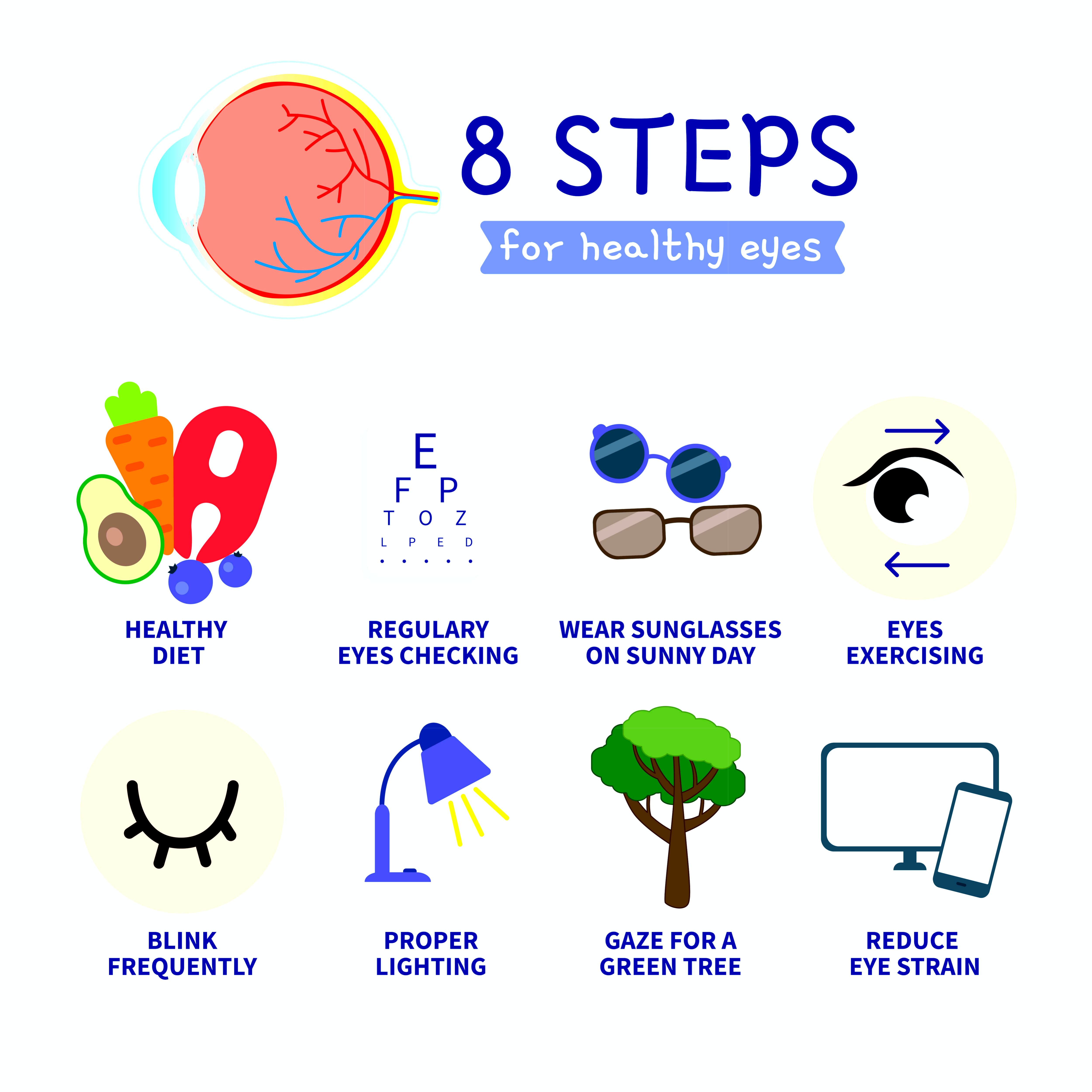All Categories
Featured
Table of Contents

Routine eye assessments are necessary for maintaining good vision and identifying potential eye health issues early. Nonetheless, the regularity of these exams can vary significantly based on a person's age, lifestyle, and total health and wellness. Understanding the advised schedule for eye exams can aid make certain that people of every ages get appropriate treatment and surveillance for their eye health.
Infants and Toddlers (0-2 Years)
For babies and young children, eye examinations are essential for detecting any kind of prospective vision issues at an early stage. The American Academy of Ophthalmology advises that a child's very first eye examination should take place at around six months of age. Throughout this first visit, the eye treatment expert will analyze the kid's visual growth and look for any obvious eye concerns.Following this initial test, it is recommended that kids have an additional eye exam at age 3. This go to will certainly concentrate on assessing the child's total visual feature, including eye alignment and the capacity to track objects. If no issues are discovered, the next test must be arranged before the child begins institution, generally around age 5 or 6.
School-Aged Kids (6-18 Years)
Once kids get to school age, regular eye tests must be arranged every one to 2 years. Vision is critical for discovering and development, and lots of schools carry out vision testings. These screenings do not change a thorough eye examination by an eye treatment expert.For kids entailed in activities or sports calling for substantial aesthetic emphasis, yearly eye tests might be recommended. Furthermore, if a child displays indicators of vision troubles-- such as problem reading, squinting, or constant frustrations-- a see to the eye physician should be scheduled immediately.
Young Person (19-39 Years)
Young grownups usually have fewer vision modifications than older age groups, yet regular eye examinations remain vital. The general recommendation is to arrange an eye exam every two years throughout this duration. Individuals with particular danger aspects-- such as a family members history of eye illness, diabetic issues, or those who wear contact lenses-- need to think about annual eye exams.Furthermore, those who invest considerable time on digital devices might experience digital eye pressure. If symptoms such as dry skin, fatigue, or obscured vision take place, it might be sensible to see an eye care professional faster.
Adults (40-64 Years)
Grownups aged 40 to 64 must arrange eye examinations every one to two years. Eye tests can likewise aid find other usual age-related problems such as glaucoma, cataracts, and macular deterioration.If individuals in this age group have threat variables like hypertension or diabetic issues, they may need even more constant evaluations to check their eye wellness very closely.
Elders (65 Years and Older)
For senior citizens, normal eye examinations end up being also a lot more vital. The American Optometric Association suggests that individuals aged 65 and older have an eye exam at least as soon as a year. Older grownups go to a greater risk for numerous eye diseases, including cataracts, glaucoma, and age-related macular degeneration. Early detection and therapy of these problems can prevent vision loss and boost the quality of life.Conclusion.
Recognizing the ideal timetable for eye exams based on age is essential for maintaining optimal eye wellness throughout life. By adhering to these standards and seeking advice from with an eye treatment expert, people can take aggressive actions toward maintaining their vision and general wellness.Latest Posts
A Lavish Getaway: The Claridge Indoor Swimming Pool
Published Feb 09, 25
1 min read
Furniture Styles Overview
Published Jan 22, 25
0 min read
Furniture Styles Overview
Published Jan 21, 25
0 min read